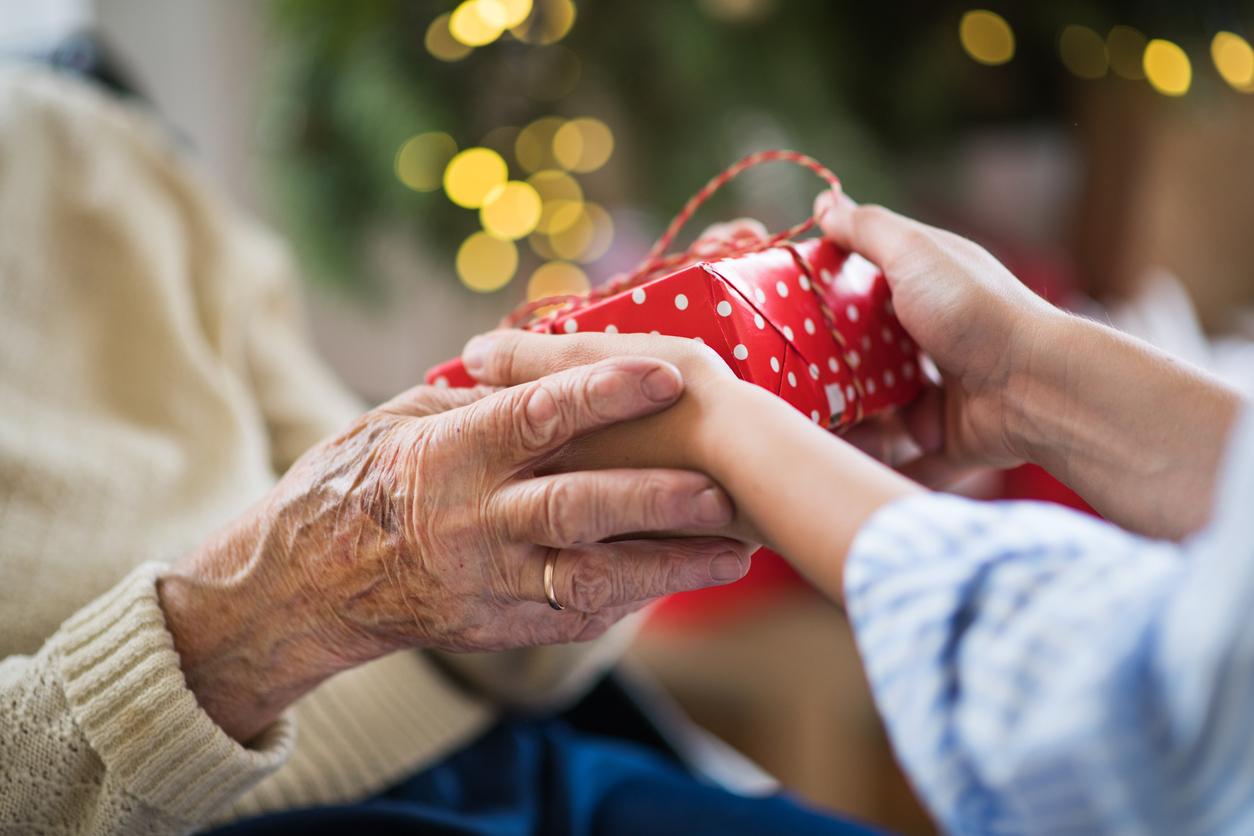One month before the end of the year celebrations, don’t hesitate to be generous, this would help reduce… chronic inflammation!

- Providing support to those close to you relieves stress, which in turn helps reduce inflammation.
- This link between generosity and reduced inflammation is stronger in women.
In a month, it’s Christmas. The opportunity to please and to offer gifts, but also to receive them. American researchers from the University of Ohio State suggest that, for health, giving is more beneficial than receiving. In a study published November 11 in the journal Brain Behavior and Immunitythey assure that it allows to have lower levels of chronic inflammation.
A positive relationship is a two-way street
Having family members and/or close friends is only good for your health if you are there for them yourself. “Positive relationships may be associated with lower inflammation only for those who believe they can provide more support in these relationshipsadds Tao Jiang, the lead author of the study. The key to remember here is that a positive relationship with a friend, family member, or spouse is a two-way street. Support must be mutual.”
Providing support to those close to you relieves stress, which in turn helps reduce inflammation. The study also found that this link between generosity and reduced inflammation is stronger in women. “This reflects the idea that social relationships are often seen as more important for women than for men.concluded Tao Jiang. But our sample size was not large enough to show this conclusively. We need to dig deeper into this question.”
A stronger association in women
To reach this conclusion, the researchers analyzed data from 1,054 adults between the ages of 34 and 84. Each participant completed a questionnaire measuring their social integration. The questions focused on his relationship status, how often they stay in touch with family and friends, and how often they attend social events or activities. In addition, each volunteer completed another survey that asked them if they thought they could really rely on family, friends or spouse if they needed help and how willing they would be to help. if a loved one needed support.
Two years later, all of the participants returned for a blood test measuring interleukin-6 (IL-6), a marker of systemic body inflammation. “Higher levels of IL-6 are associated with increased risk for many top-killing diseases, including cardiovascular disease and canceradvances Dr. Baldwin Way, co-author of the study. That’s why we thought it was important to find out why previous studies have found such weak evidence of the link between social support and lower inflammation..”
.

















